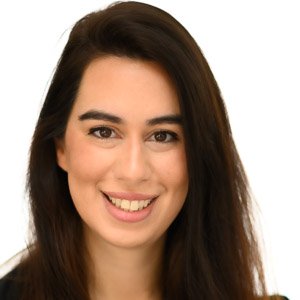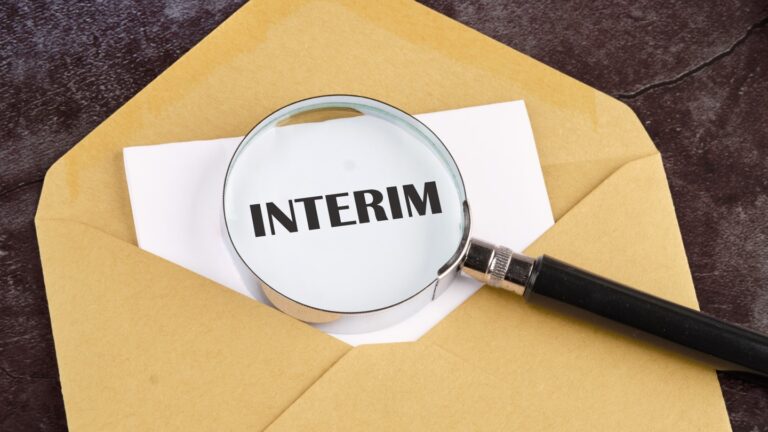Post-concussion Syndrome – the importance of new research
Concussion has, rightfully so, become a widely discussed topic – especially in the field of sport. However, have you heard about post-concussion syndrome (PCS)? This onset of symptoms has historically been less reported, but recent research is highlighting key information which will help suffers understand the impact of their symptoms and help them on their road to recovery.
PCS, also referred to as post-concussive syndrome, refers to a range of symptoms which can continue after a concussion. The symptoms, and their severity, can vary but patients often complain of difficulties with sleep, headaches, fatigue dizziness, memory and anxiety.
A new study by Cork University Hospital has highlighted that:
- Around 10% of patients who are treated for concussion will be experiencing PCS.
- Alarmingly, 45% of the patients tested were experiencing PCS for a prolonged period after their injury which included dizziness, difficulties with physical functioning and fatigue.
- The study also showed that a lack of information on PCS meant that these patients had not been receiving the treatment they required and additional services may be beneficial for them.
Co-author of the study, Seán Underwood commented that this reinforces the evidence that PCS is real and burdensome. It is clear however that much more research is required into PCS as therapies are still limited.
An Australian University recently found that by using two types of technology to measure signals sent to and from the brain they could show that PCS sufferers have high fatigue levels and slow reaction times. This is information which could not be picked up by using an MRI scan.
This study means that doctors may now have another opportunity to diagnose the persisting symptoms of concussion and may even encourage those suffering from PCS to visit their doctor if their symptoms can be better diagnosed. Even more encouragingly, the study now aims to continue to run these trials throughout the rehabilitation process to determine what does and does not work effectively for PCS.
It is important that individuals suffering from PCS receive the correct support and treatment for their injury. Those who have suffered from their injury as a result of an accident that was not their fault or medical negligence may be entitled to compensation which can pay for these treatments.
At Bolt Burdon Kemp we have specialist brain injury solicitors who recognise that no brain injury is the same. We assist and support both our clients and their families, whilst working hard to obtain compensation to fund treatments which are specific to their needs.










